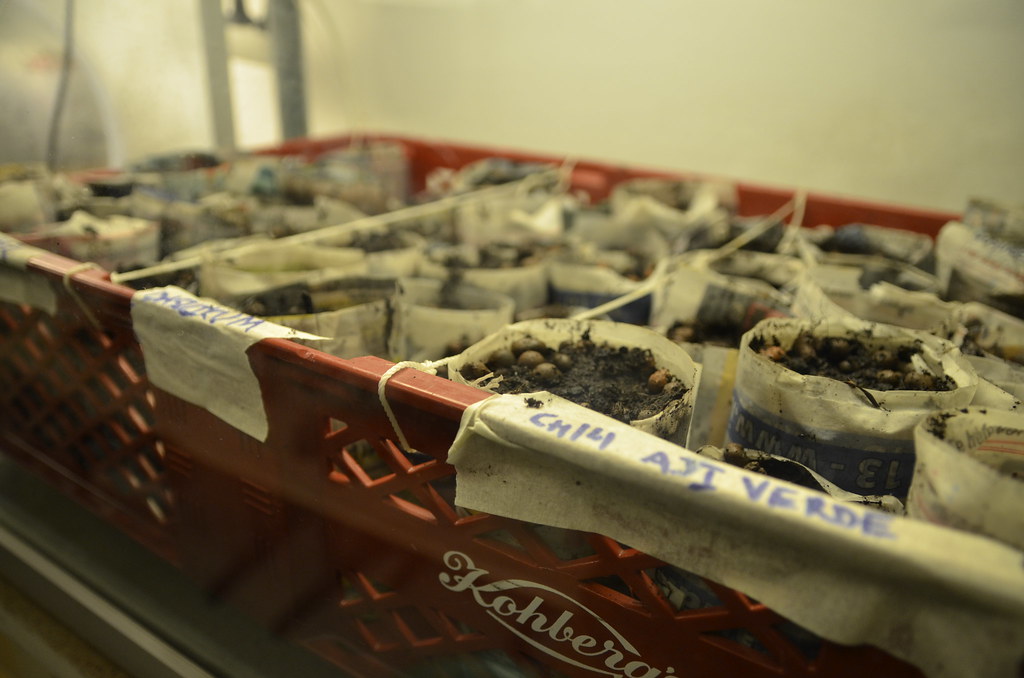Why?
Food at the Anthropocene
Society at the Intersection of Art, Science and Ecology

Climate is not democratic. Agriculture is tied to place. Tomatoes thrive in the sunny south, while mushrooms love fresh air and moisture in the plateau or mountain areas. Basil is abundant in Mediterranean countries; cloudberries thrive across the “Arctic” zone, and nowhere else.
Climate change is making climate even less democratic. It amplifies the polarity and raises the stakes.
The need to overcome these environmental challenges has only bolstered our existing, highly globalized food system, where food consumption is driven by marketing, complex supply chains, spanning across different countries with different climates, social contexts and regulations. This has global trade impacts in terms of GHG emissions, pesticides’ use and food safety, and unfair distribution of profits.
Indoor farming and controlled agriculture can address these challenges and can play an important role in the future of food security. However, they need a substantial initial economic investment and involve high levels of R&D and know-how, especially for plant cultivation protocols. Despite the vivid trend in the development of large scale, and also small scale indoor farming systems, current approaches focus on the development of proprietary knowledge that may not be accessible to lower socioeconomic status households.

If you grow it, it taste better